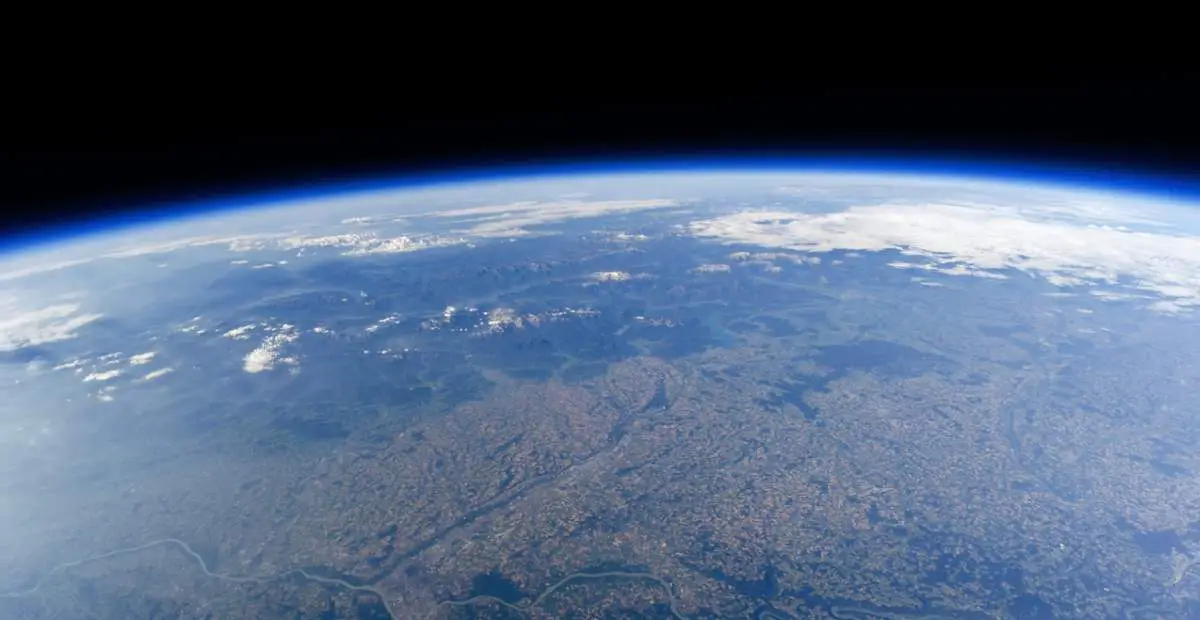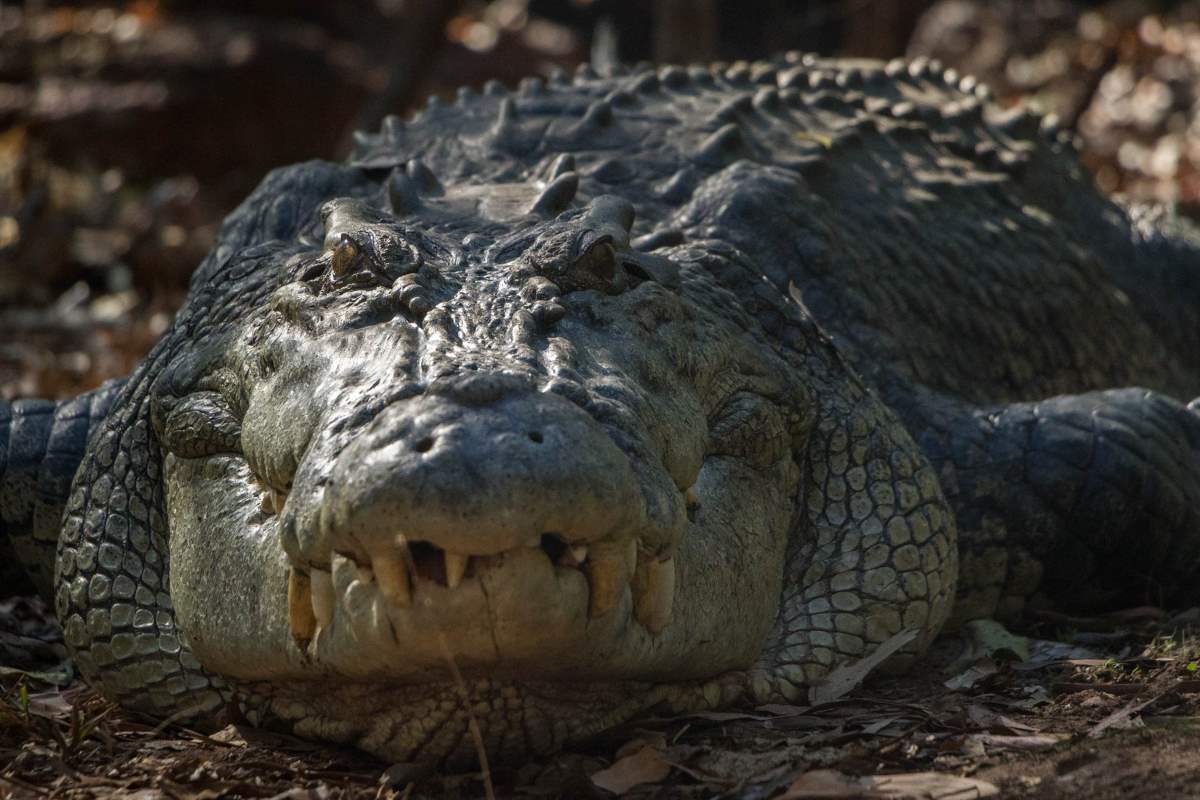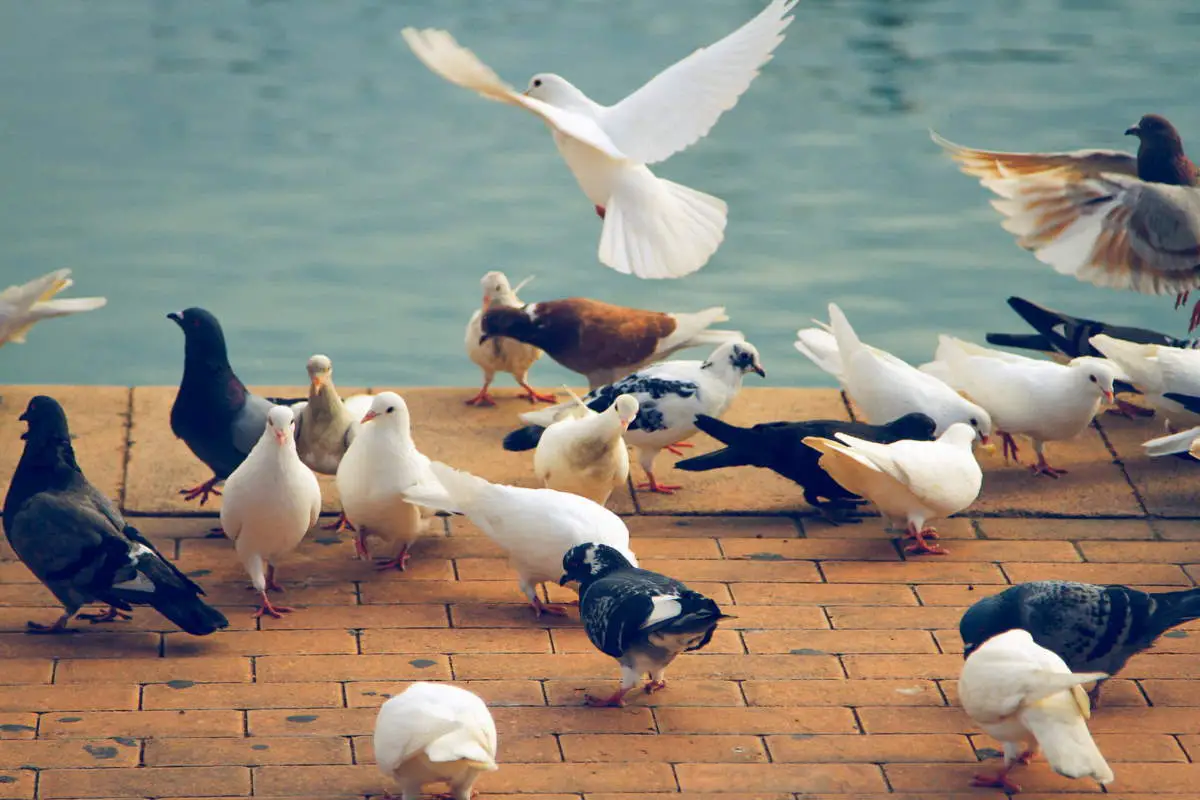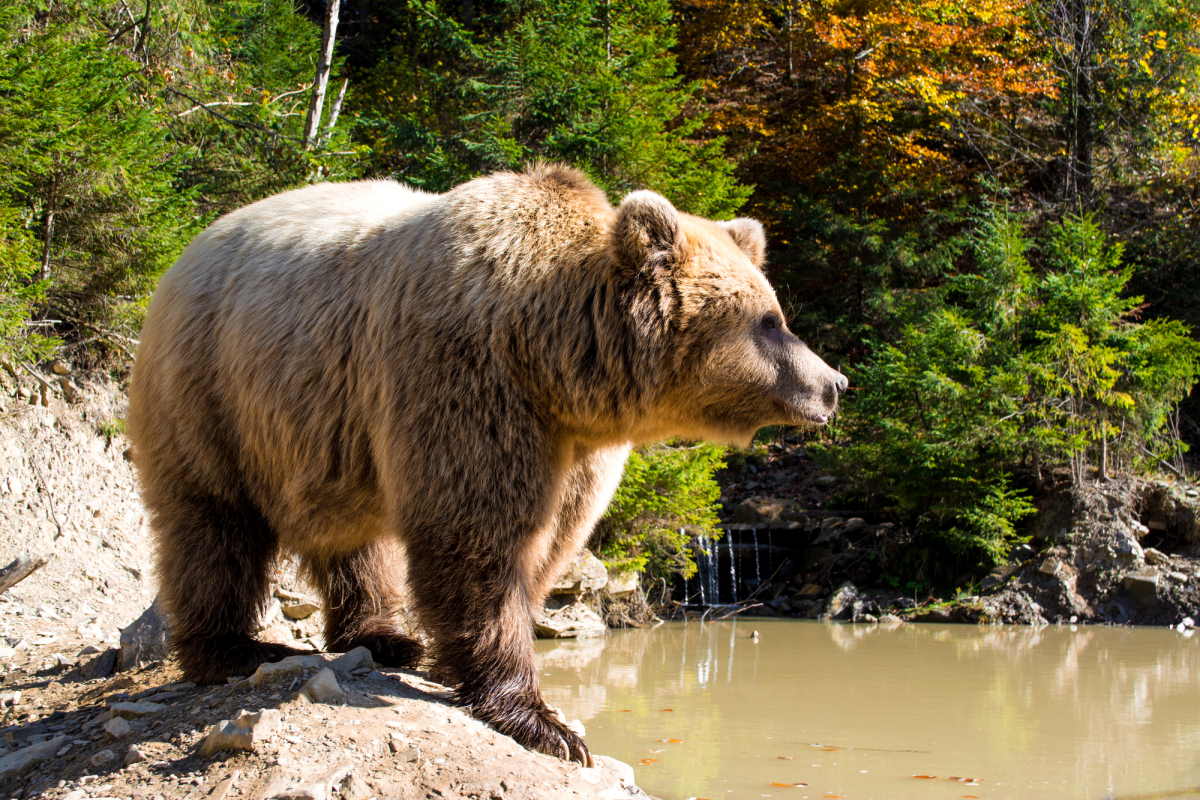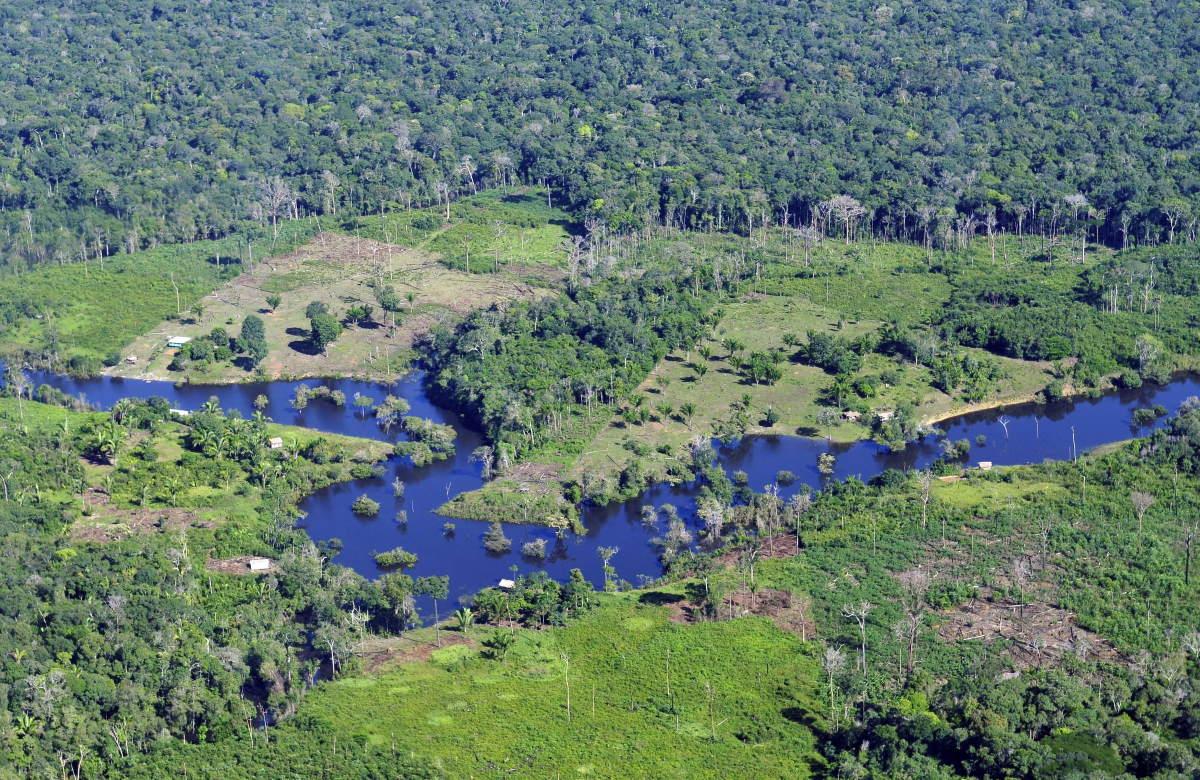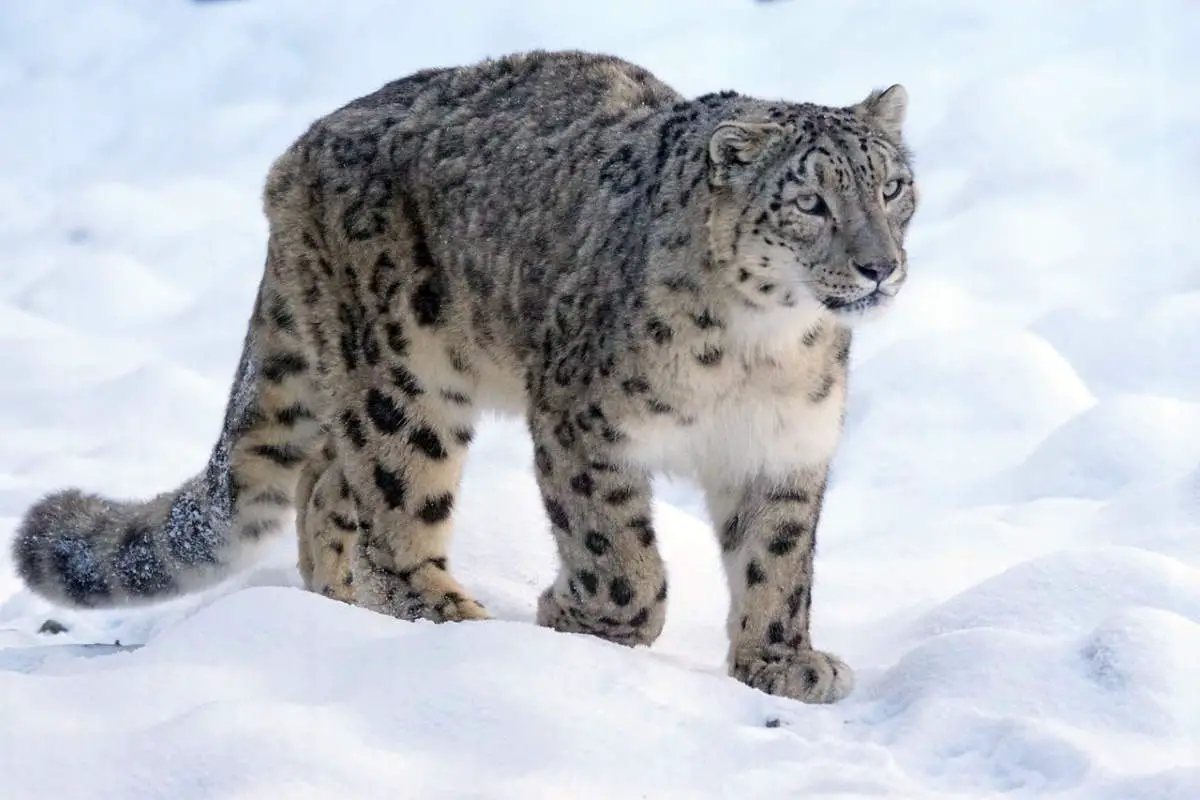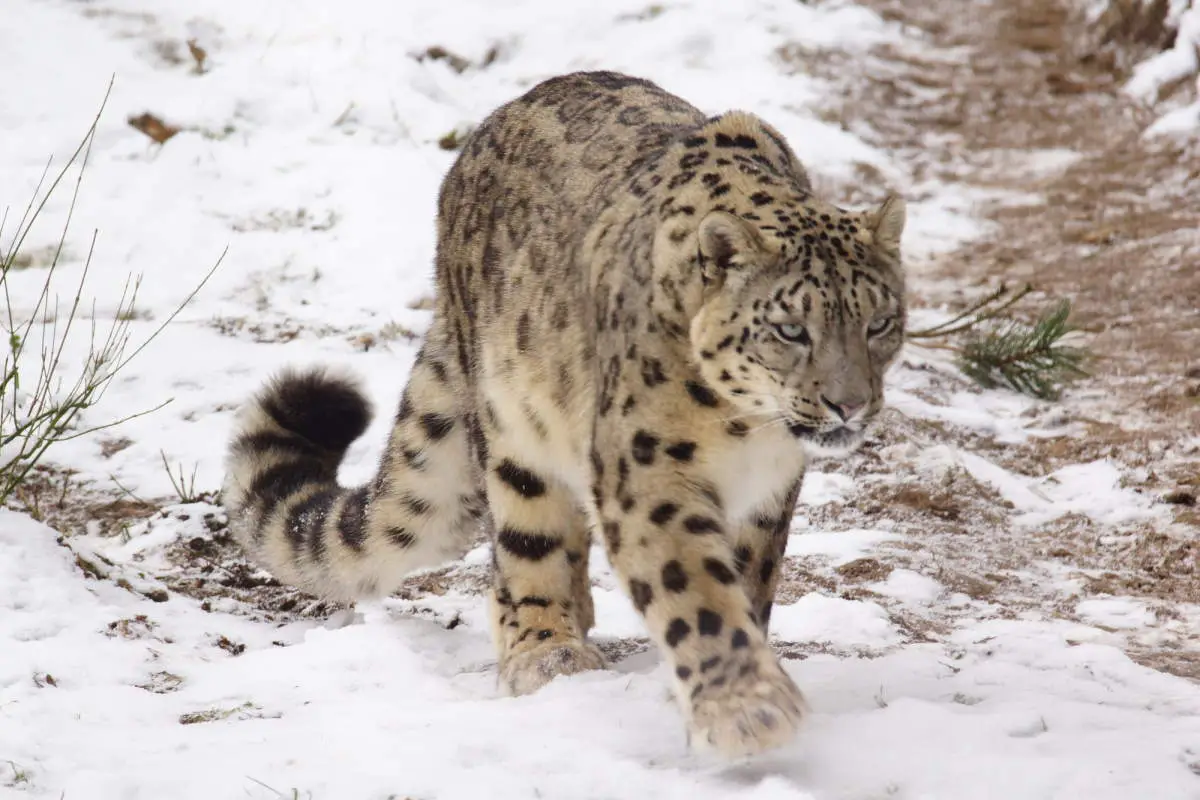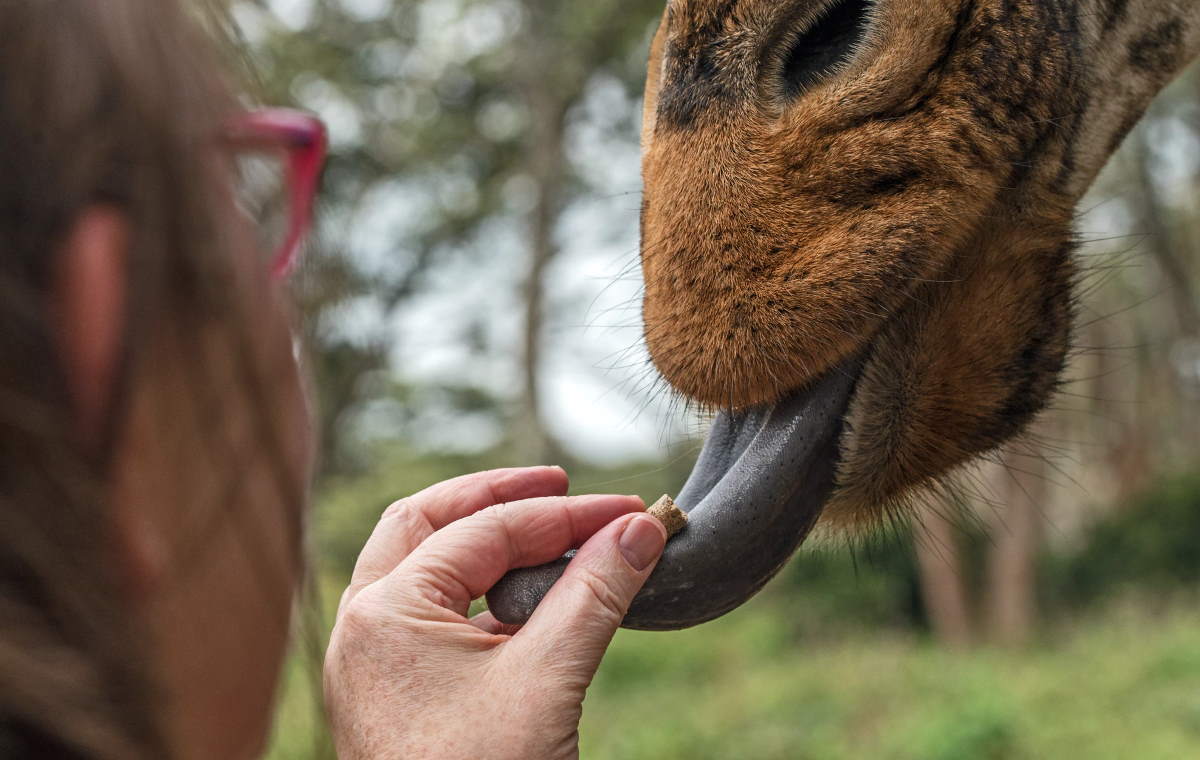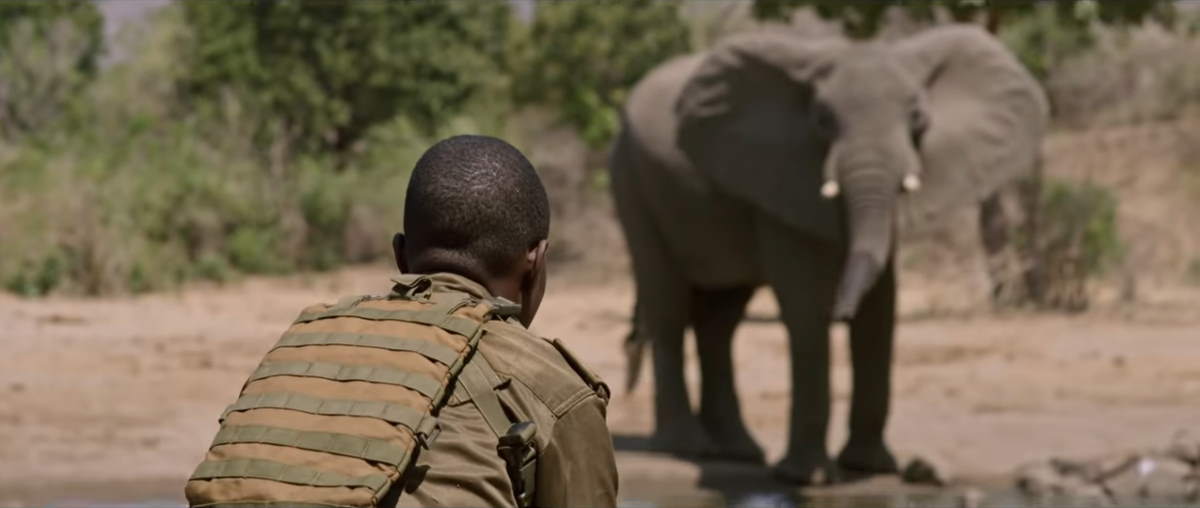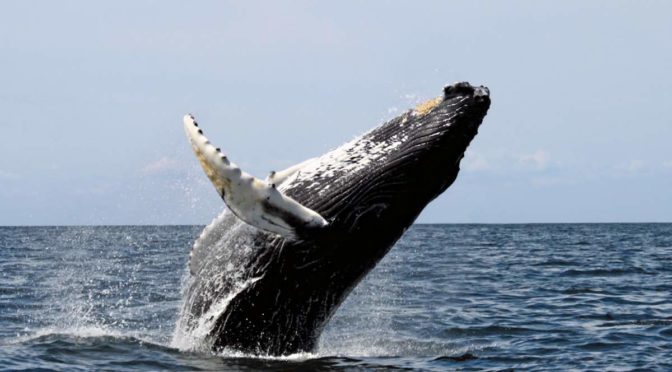It took evolution 3 or 4 billion years to produce humans. If the climate had completely failed just once in that time then evolution would have come to a crashing halt and we would not be here now. So to understand how we came to exist on planet Earth, we’ll need to know how Earth managed to stay fit for life for billions of years.
